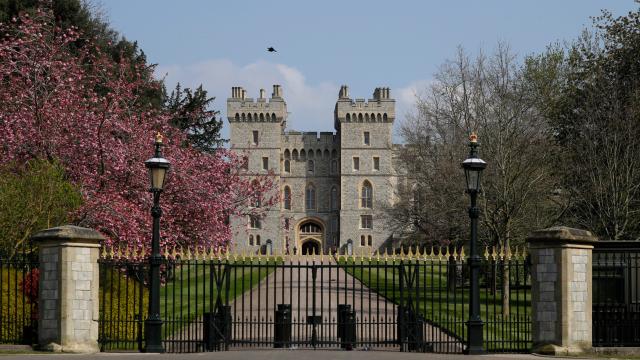Researchers in the United Kingdom are asking people who previously contracted covid-19 to volunteer for one last mission: allow themselves to be intentionally exposed to the coronavirus again. The scientists expect that their research will help us better understand the limits of natural immunity, including the risk of reinfection.
Since early on in the pandemic, there have been worries that natural immunity to the virus could wane in a significant number of people in a relatively short amount of time. There have been numerous confirmed cases of reinfection, including cases where people died or suffered worse illness the second time around. But some research has suggested that reinfection is overall rare among survivors within the first three months after infection, while other studies have concluded that immunity should remain strong up to eight months or longer.
Just about all the research on reinfection to date is based on lab or observational data. But some scientists at the University of Oxford have been taking a different approach to studying covid-19 through human challenge trials. In February, they began intentionally exposing young, healthy volunteers to the virus, hoping to track the natural progression of infection. This Monday, they started a similar study using young and healthy people who already had covid-19.
“Challenge studies tell us things that other studies cannot because, unlike natural infection, they are tightly controlled,” said Helen McShane, Oxford vaccinologist and lead scientist on the new project, in a statement released by the university. “When we reinfect these participants, we will know exactly how their immune system has reacted to the first COVID infection, exactly when the second infection occurs, and exactly how much virus they got. As well as enhancing our basic understanding, this may help us to design tests that can accurately predict whether people are protected.”
The study will work in two phases, with two different groups. The first phase, expected to recruit up to 64 people between the ages of 18 and 34, will try to figure out the lowest dose of virus needed to successfully reinfect 50% of volunteers while causing little to no symptoms. Afterward, they will be in quarantine at least 17 days, and anyone who develops symptoms will be given the experimental monoclonal antibody treatment developed by Regeneron. The second phase, which should occur later this summer, would then expose all volunteers to that pre-established viral dose and record what happens to them.
Human challenge trials have been regularly used to study infectious diseases in the past. But some scientists and ethicists have contended that human challenge trials may not be suitable for studying covid-19, in part because it’s a novel disease with potential unknown risks, even for young and healthy people. Still, both trials have been cleared by the UK, and organisations such as 1DaySooner claim to have identified tens of thousands of potential volunteers who would be willing to participate in these trials worldwide.
If these challenge trials do work as intended, it’s hoped they will provide valuable information on how to better develop new vaccines and treatments for covid-19 moving forward.
